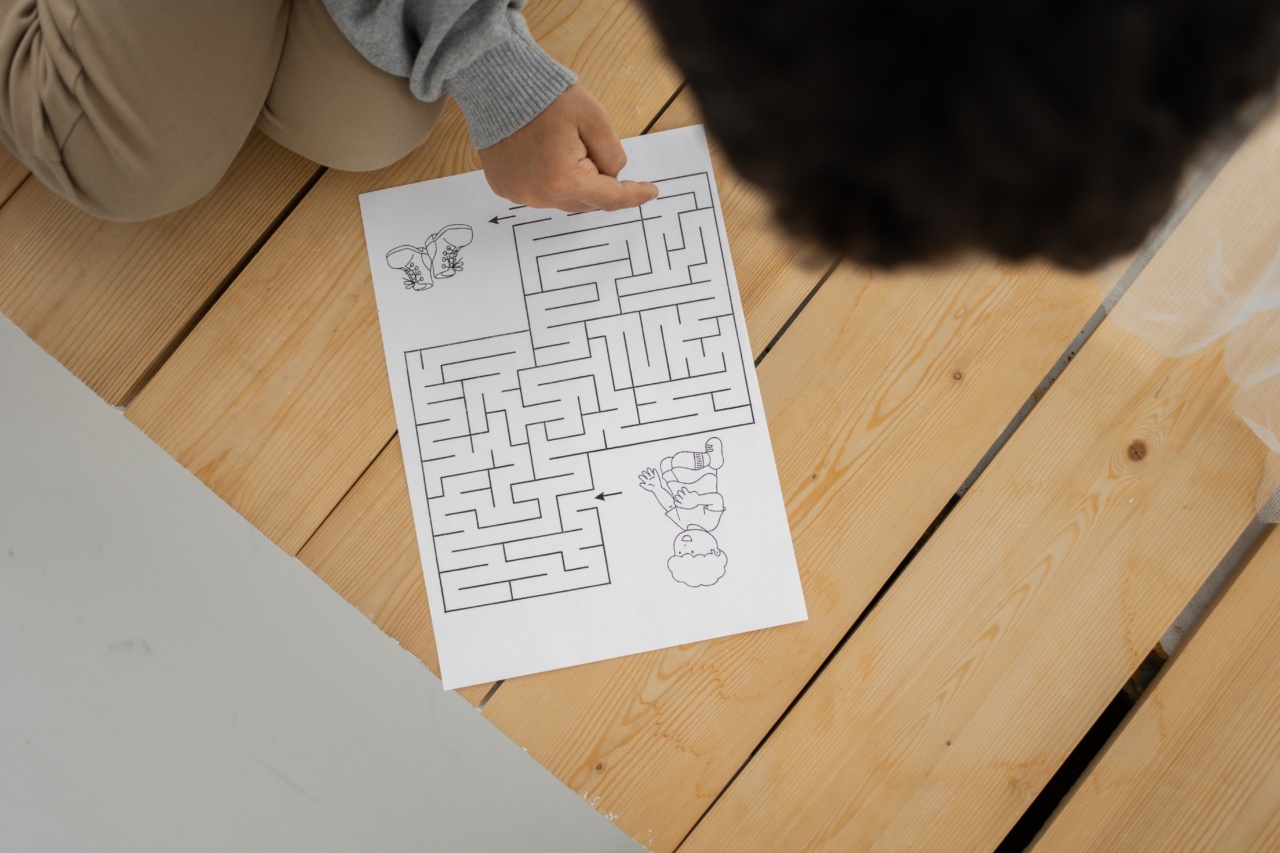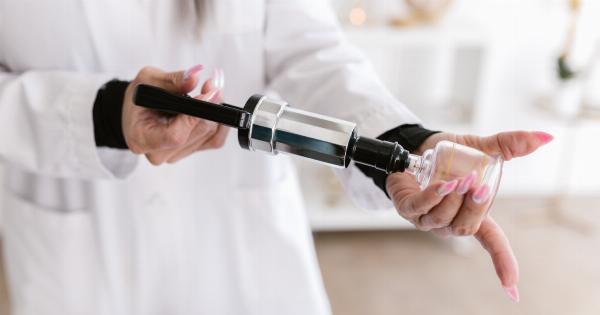A new study has revealed a potential treatment for compulsive disorders through electrical brain stimulation.
The research, conducted by a team of experts in brain imaging and neurology, involved using electrodes to send an electric current to specific areas of the brain.
What are Compulsive Disorders?
Compulsive disorders are a type of mental health condition that cause people to repeat certain behaviors or actions again and again, even if they know they are harmful or senseless.
These behaviors often interfere with daily life, causing significant distress and anxiety.
How Electrical Brain Stimulation Works
Electrical brain stimulation is a type of therapy that involves the use of electrodes to send an electric current to specific areas of the brain.
This current can stimulate nerves and brain cells, creating new neural pathways and modulating existing ones. The procedure involves placing electrodes over the scalp, which are then connected to a small, battery-operated device that delivers the current.
The Study
The study involved 60 participants with different compulsive or repetitive behaviors, including nail-biting, hair-pulling, skin-picking, and gambling addiction.
The participants were divided into two groups; the first group received electrical brain stimulation, while the second group received a placebo.
The researchers used functional magnetic resonance imaging (fMRI) to scan the participants’ brains before and after the treatment.
They found that those who received electrical brain stimulation had a significant reduction in their compulsive behaviors, as well as improvements in their quality of life, compared to the placebo group.
Potential Benefits of Electrical Brain Stimulation
Electrical brain stimulation has shown promise in treating a variety of mental health conditions, including depression, chronic pain, and addiction. The treatment is non-invasive and can be administered in a clinical setting.
It works by modulating the activity of specific brain regions, which can help regulate emotional and cognitive processes.
One of the main benefits of electrical brain stimulation is that it can produce results quickly, sometimes even after a single session. This makes it an attractive option for those who are seeking immediate relief from their symptoms.
Limitations and Future Directions
While the study’s findings are promising, there are still some limitations to consider. The sample size was relatively small, and the study only included a few types of compulsive behaviors.
More research is needed to determine the effectiveness of electrical brain stimulation for other types of compulsive disorders.
Additionally, the researchers noted that the effects of electrical brain stimulation may not be long-lasting.
A follow-up study is needed to determine the duration of the treatment’s benefits and whether or not it produces any adverse side effects.
Conclusion
In conclusion, the new study provides hope for those suffering from compulsive disorders, as electrical brain stimulation may offer a potential treatment option.
While more research is needed to determine its long-term efficacy and safety, the findings suggest that it could be a promising therapy for those seeking relief from their symptoms.




























